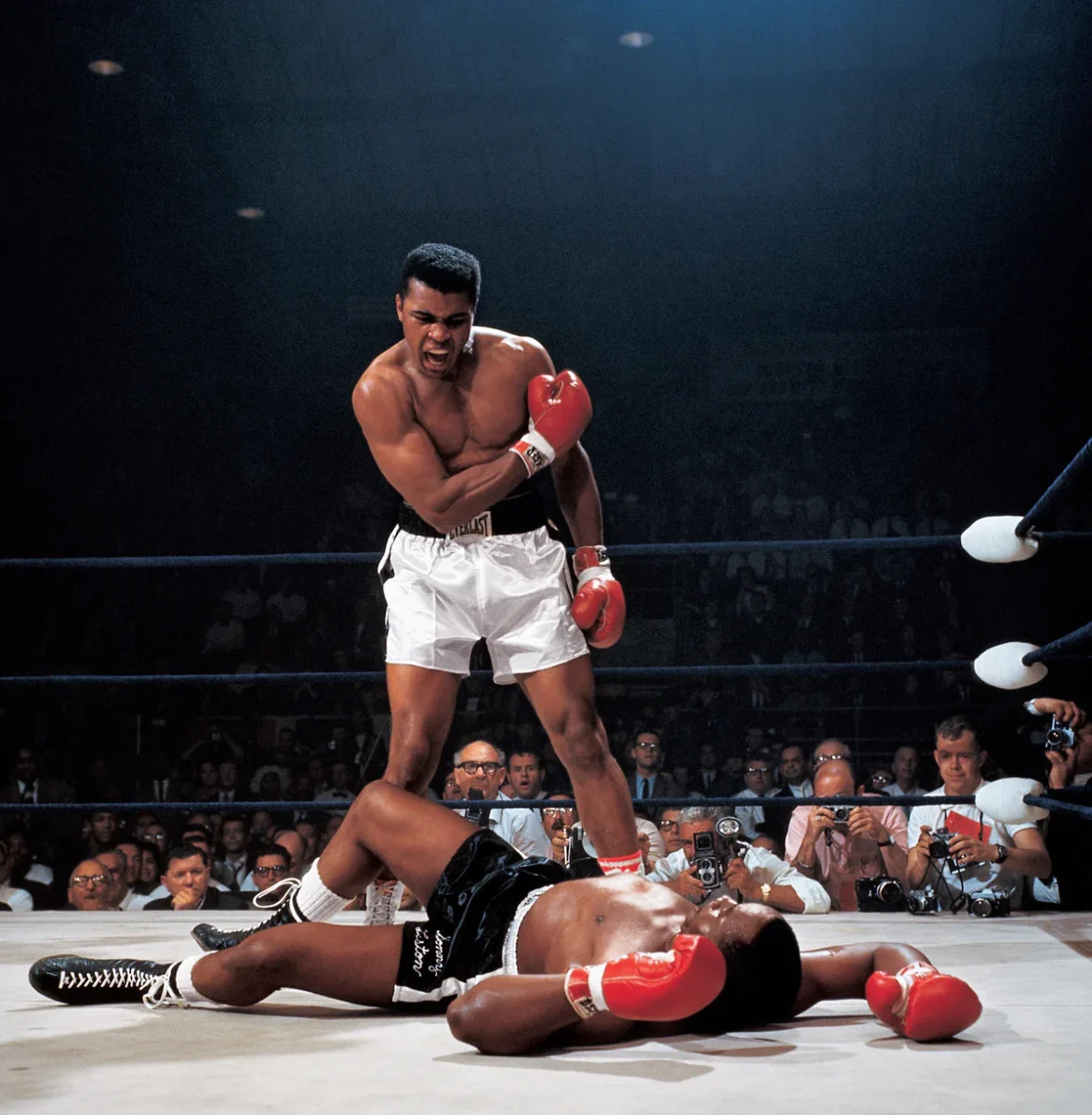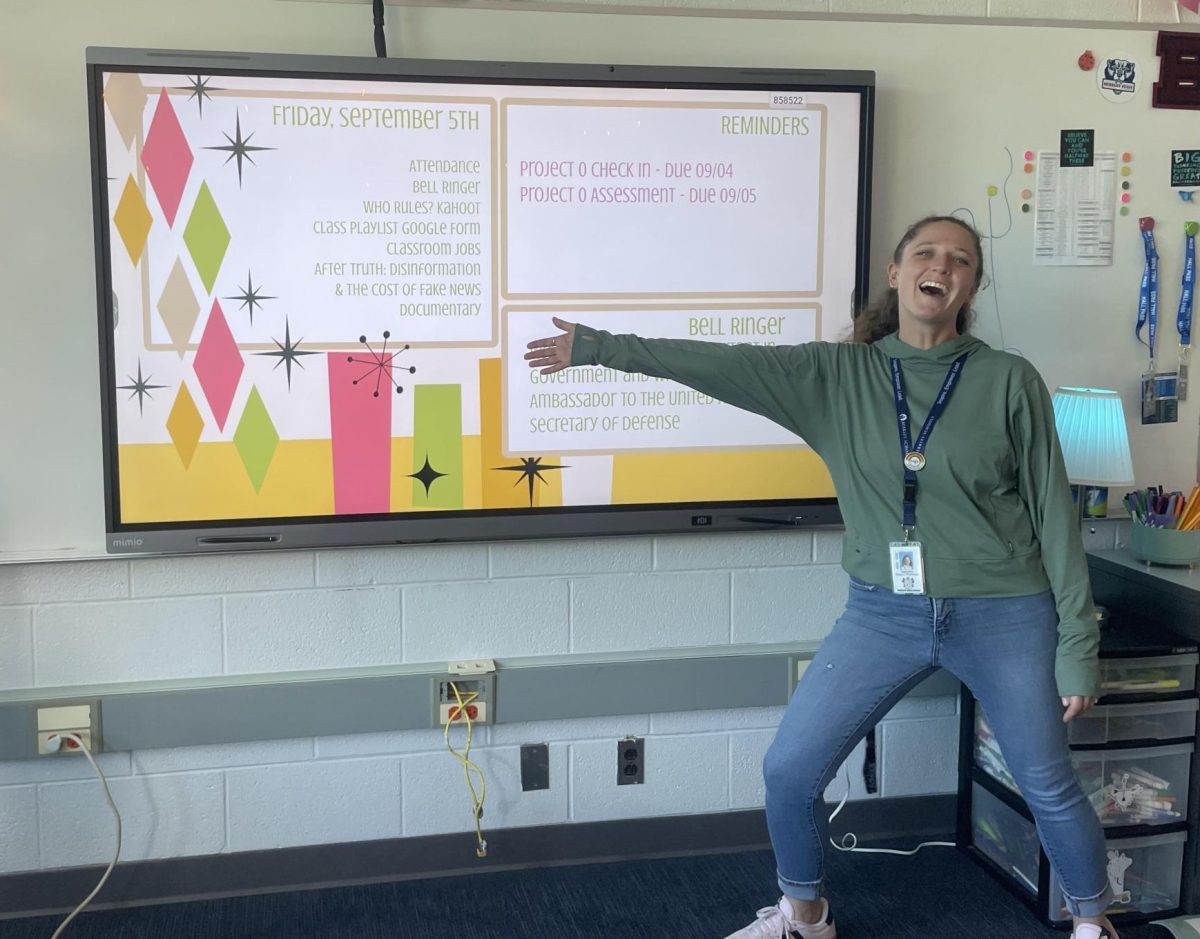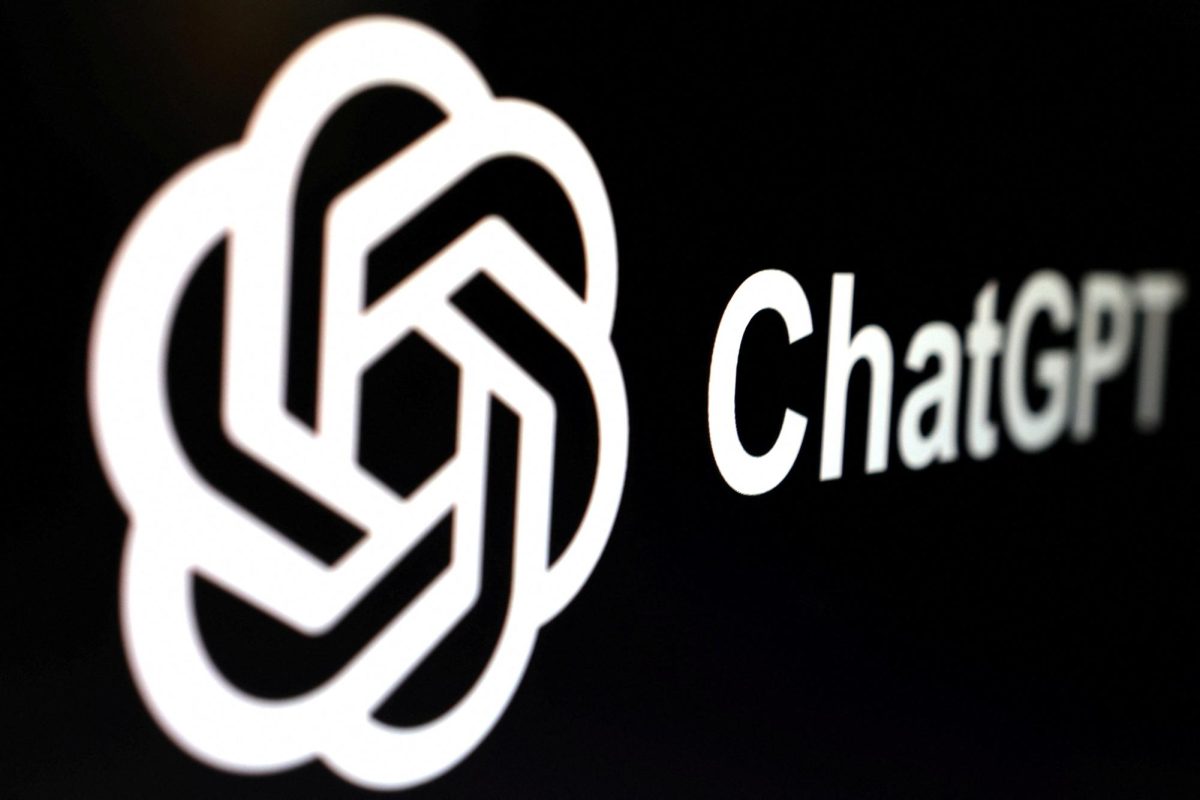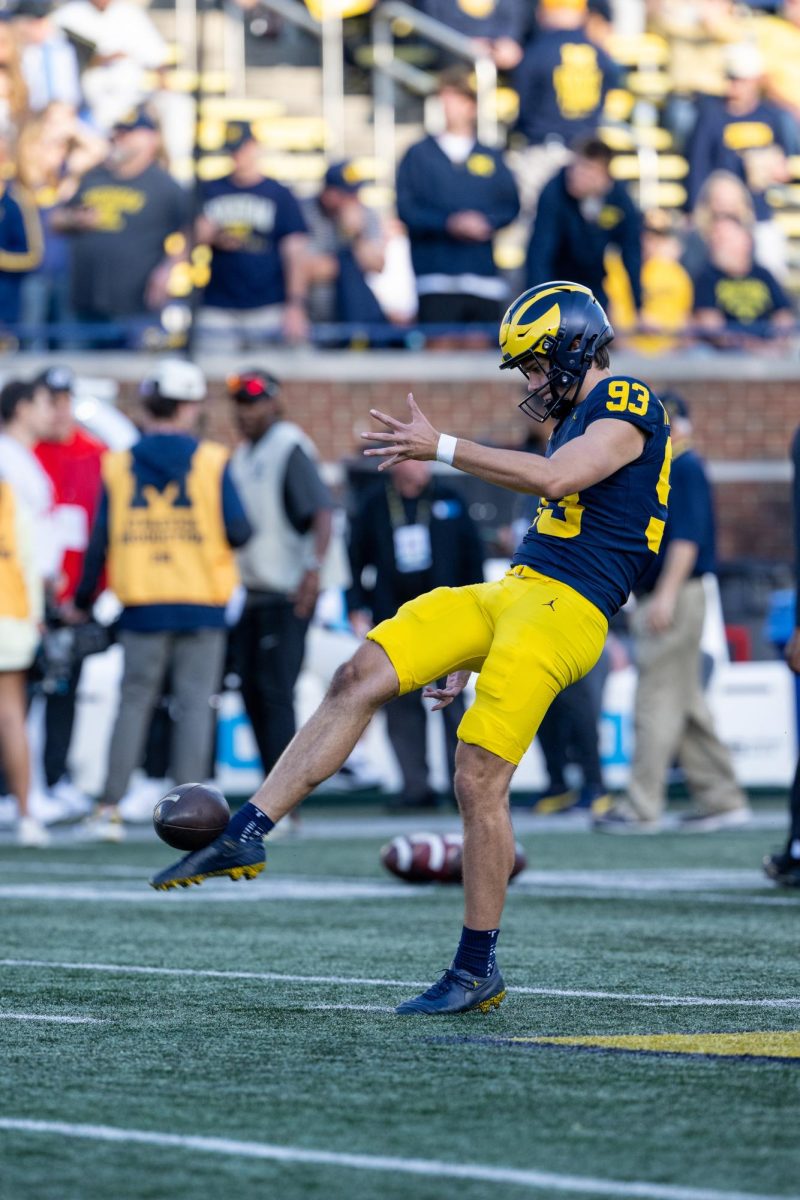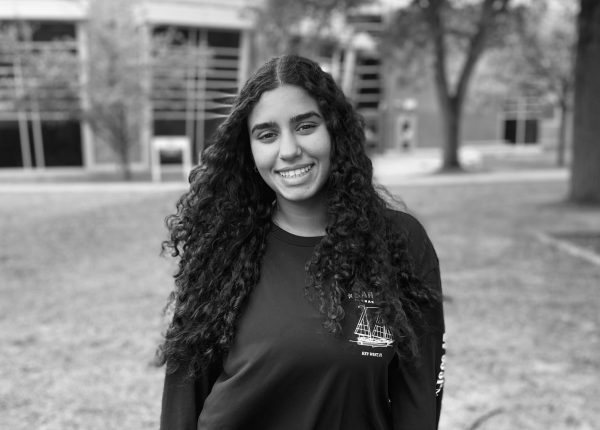Each January, Muslim-American Heritage Month shines a spotlight on the contributions made by Muslims throughout history, whether that being through Historical improvements, modern figures, and overcoming stereotypes. By recognizing and honoring those who shaped our world into the way it is today, the United States has formally embraced the importance of Muslim American Heritage Month, allowing Americans worldwide to celebrate the achievements accomplished by millions of Muslim Americans from as early as the 17th century to the present day.
Starting with the significant historical contributions of Muslims from science to medicine, Ibn Sina is known as the father of early modern science to many Muslims. Known to be the best in Islamic Medicine, Sina introduced the Canon standard textbook, which became the standard medical textbook in both the Arab and European world during the 17th century. Sina was born in 980 and died in 1037 in Hamadan, Iran. He was born in the village of Afsanah near Bukhara in Central Asia, the capital of the Samani kingdom at the time. Sina’s book, during this time, organized and summarized medical knowledge from Greek, Persian, Indian, and Chinese medicine. His work established the foundations of modern medicine, which many doctors rely on today. This breakthrough in mathematics included the findings of systematic solutions for linear and quadratic equations and the translation of Greek scientific manuscripts. All of these contributions made by Muslim scholars created the starting foundation for modern medicine and mathematics; through this, we can also narrate our focus on the legacy of Islamic innovation and how far ahead these scholars were during their time.
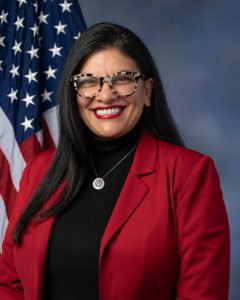
Transitioning to prominent figures, Rashida Tlaib. Tlaib is the first Palestinian-American Muslim to be admitted into office, highlighting the achievements of Muslim Americans in the political world. Tlaib’s hard work in advocating for justice shows the importance of diversity in leadership. Muhammad Ali was a professional boxer, known as one of the best heavyweight boxers. Born on January 17th, 1942, a time when being a Muslim wasn’t common; meaning that Muslims weren’t accepted and seen as humans because during the 1900’s the common group was white Christian Americans. Despite it all, he continued to express his Muslim identity through his love for boxing regardless. Not only was he a professional boxer, he was also a social activist. One of the most infamous quotes said by Muhammad Ali; “If you’re against someone because he’s a Muslim that’s wrong. If you’re against someone because he’s a Christian or a Jew, that’s wrong.” Highlighting his innocence and retaliation against injustice as a Black Muslim. Many Muslims continue to look up to Muhammad Ali because of his bravery and love for his religion, such as not hiding away from a big crowd when it comes to practicing Islam.
This month also addresses the negative stereotypes and Islamophobia that many Muslims have endured. Many tell their stories through cultural events, traditions, holidays, and generally, each other. Muslim-American Heritage Month allows Muslims to educate other non-muslims about Islamic values, traditions, and all the small things to make a more profound and meaningful understanding of Islamic traditions. Several states have taken significant steps to recognize and celebrate Muslim American Heritage Month. For example, Illinois, Virginia, Indiana, and California have all recognized Muslims’ invaluable contributions to the United States of America.
For example, one of the most celebrated holidays by Muslims is Ramadan. Ramadan is a holiday celebrated by fasting from sunrise to sunset. Muslims do this because Ramadan is a holy month, where they focus on worship, prayer, and connection with God to reflect on themselves. So Muslim-American Heritage Month allows us to educate many non-muslims about Ramadan and what it’s really about, disregarding misconceptions.
Celebrating Muslim American Heritage Month is more than just recognizing a moment in time, instead, it is a dedication to the rich history that shapes our country. It’s also a celebration of Muslim Americans’ historic and modern achievements, from groundbreaking contributions in science and medicine by figures like Ibn Sina and leaders as powerful as Rashida Tlaib and the bravery of Muhammad Ali. By honoring their history, culture, and impact, we celebrate their legacy and the promise of opportunities in the future where their voices and persona are represented and every dream is achievable.


